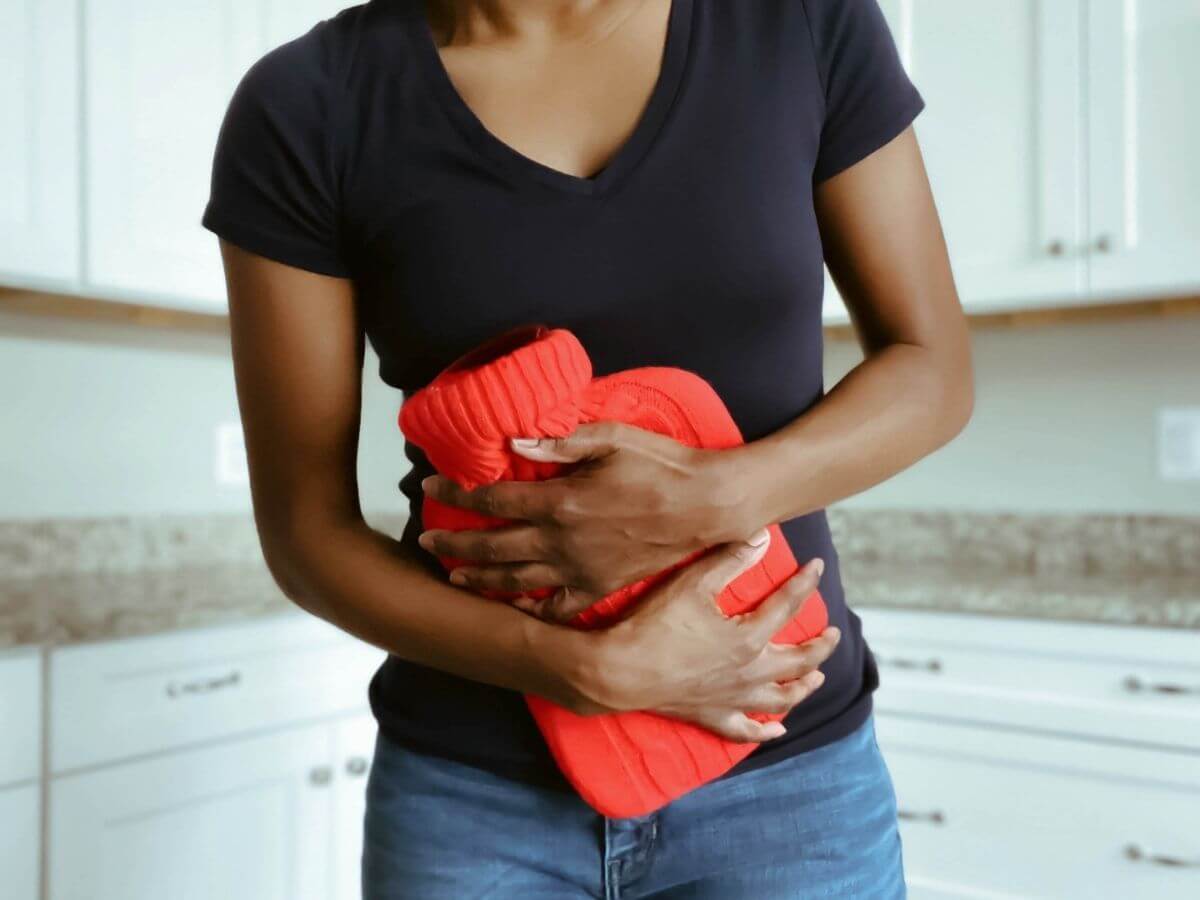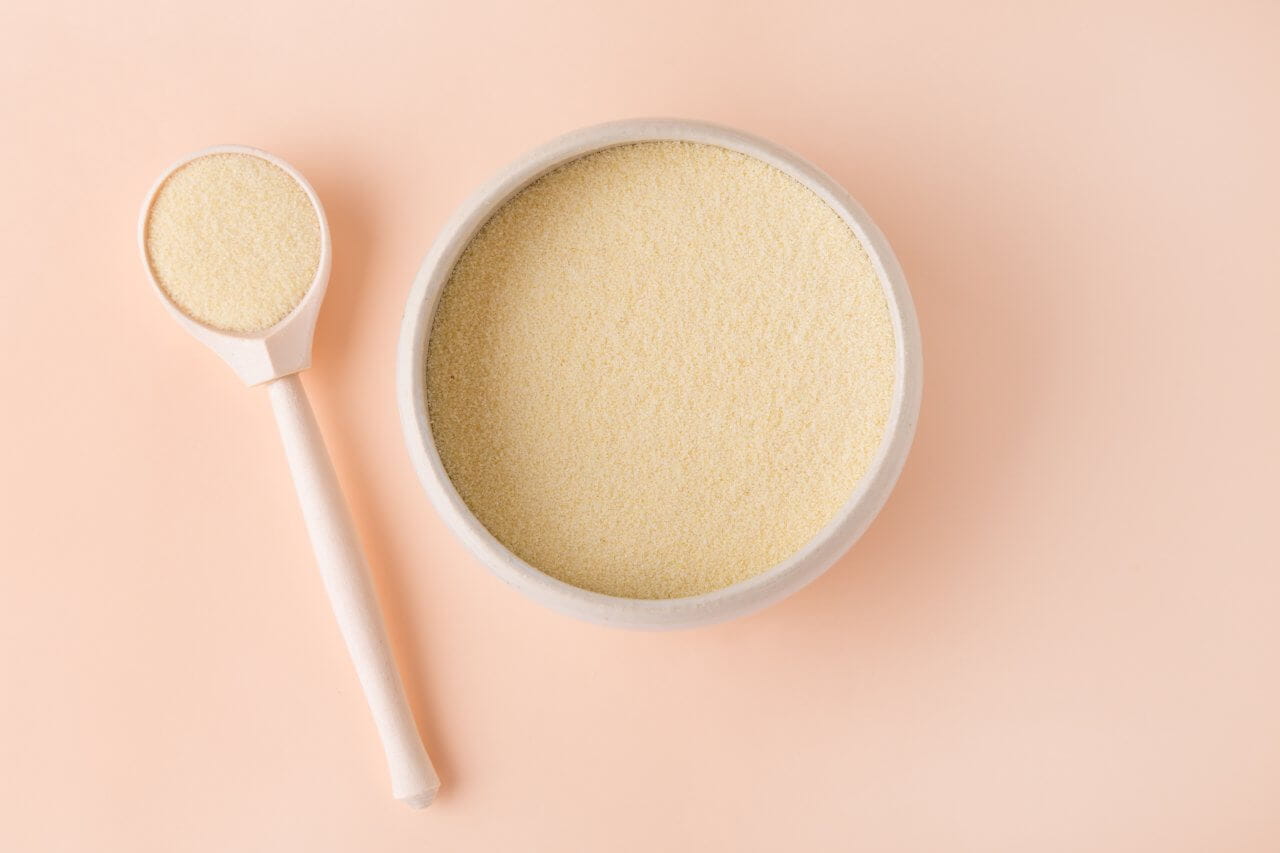How to Make Yourself Poop

If you’ve ever been constipated, you know how uncomfortable and frustrating it can be when you need to have a bowel movement but are unable to “poop.” Fortunately, there are actions you can take to get relief.
While occasional constipation is normal, frequent constipation can be a sign of an underlying health condition. Contact your doctor if you have concerns about the frequency or severity of your constipation.
Below are tips on how to poop when constipated. Some can be effective in hours, whereas others take days to work. So, whether you need to know how to poop fast or can be a little more patient, this information is helpful.
Try These Tricks for Quick Bowel Movement Stimulation
If it’s been longer than usual since you’ve had a bowel movement, you may wonder, “What simple trick empties your bowels rapidly?” or “How do you stimulate a bowel movement quickly?” The good news is that there are steps you can take to “get things moving” and find relief.
Consider trying some or all of the following when you find yourself thinking, “What can I do to help me poop fast?”
- Drink coffee. Regarding drinks that make you poop, coffee is probably the first that comes to mind. You should drink it warm (rather than iced coffee, for example) to maximize the benefit. Of course, coffee contains caffeine, so you should consume it in moderation.
- Squat when you poop. Some people benefit from using a squatting position for constipation relief. Setting the soles of your feet on a small footstool in front of the toilet essentially puts you into that position, which is often more effective for pooping.
- Use a fiber supplement. You can find fiber supplements in stores or online. They typically contain psyllium, calcium polycarbophil, or methylcellulose fiber. Fiber adds volume to your stool, making it easier for your body to move it through your digestive tract and out of your body.
- Take a stimulant laxative. There are different types of laxatives. This form makes your intestines contract, which forces contents further down your digestive tract. That action can take 6 to 12 hours to make you poop. Doctors advise patients to use stimulant laxatives only when other treatments haven’t worked.
- Take an osmotic laxative. These laxatives help move fluids through the colon, which can relieve constipation. They’re effective for many people but generally take 2 to 3 days to work.
- Take a lubricant laxative. Substances like mineral oil coat the intestinal walls and your stool mass. This helps your stools retain water, making it easier to pass them.
- Try a stool softener. Stool softeners pull water from the intestines into your stool. Again, your body can move stools more easily if they are soft and bulky.
- Use a suppository. Available without a prescription in the pharmacy, suppositories soften stools and help you pass them. You insert a suppository into your rectum.
- Massage your colon. Gentle colonic massage can assist your body in moving stools through the colon. You can find videos of this technique online.
- Exercise. Exercising increases blood flow to your abdomen, stimulating your digestive tract, and encouraging the movement of stools.
- Give yourself an enema. Enemas, which you can find in the pharmacy, introduce fluid into your rectum, softening your stool and helping you poop.
- Eat a high-fiber diet. What foods help you poop right away? High on the list are those with lots of fiber. Consuming high-fiber foods can assist in resolving a current bout of constipation and reduce the likelihood of future episodes. These foods include oats, brown rice, beans, whole grain bread and pasta, fibrous fruits like bananas and apples, nuts, and fibrous vegetables such as carrots, broccoli, and leafy greens.
- Stay hydrated. As noted in several of the treatment options above, your body can move soft stools with adequate water content more effectively. Staying hydrated by drinking approximately eight 8-ounce glasses of water daily can help prevent constipation. And if you’re currently constipated, consuming a large glass of water can encourage a bowel movement.
- Use natural remedies. Some people poop more frequently and easily when taking natural remedies like probiotics. They’re generally safe but aren’t advised for some people, such as those who are immunocompromised. Contact your doctor if you have questions about whether natural remedies are right for you.
When to Seek Help for Constipation
What is most commonly just an uncomfortable and frustrating condition becomes more serious if it lasts longer than seven days. If you’ve been constipated for a week or more and the treatments above haven’t been helpful, you should contact your doctor.
It’s also crucial to get medical advice if any of the following accompany your constipation:
- Cramping
- Colon spasms
- Fatigue
- Dizziness
Should you go to the ER if you haven't pooped in a week? If anything about your situation concerns you, visiting the ER is an option. However, if possible, it’s better to talk with our primary care doctor first. They may be able to help you with an office visit.
Talk with Your Baptist Health Primary Care Physician About Constipation
If you experience regular constipation and frequently find yourself doing online searches for “How can I relieve constipation quickly?” or “What helps you go poop naturally?” you should talk with your primary care doctor. They can help you determine what’s causing the condition and advise you on how to make pooping simpler and less stressful.
If you don’t yet have a Baptist Health doctor, you can find one using our online provider directory.



